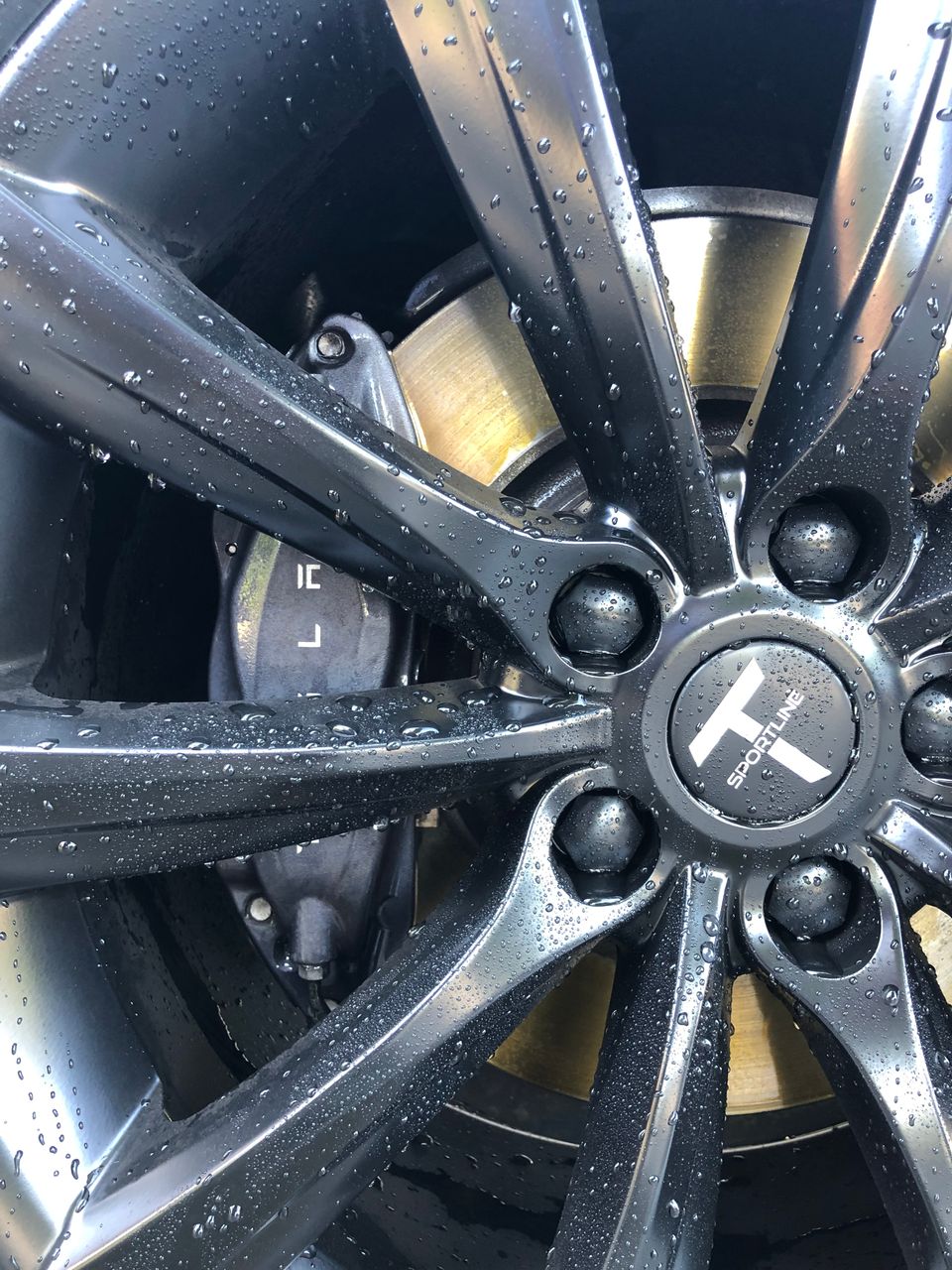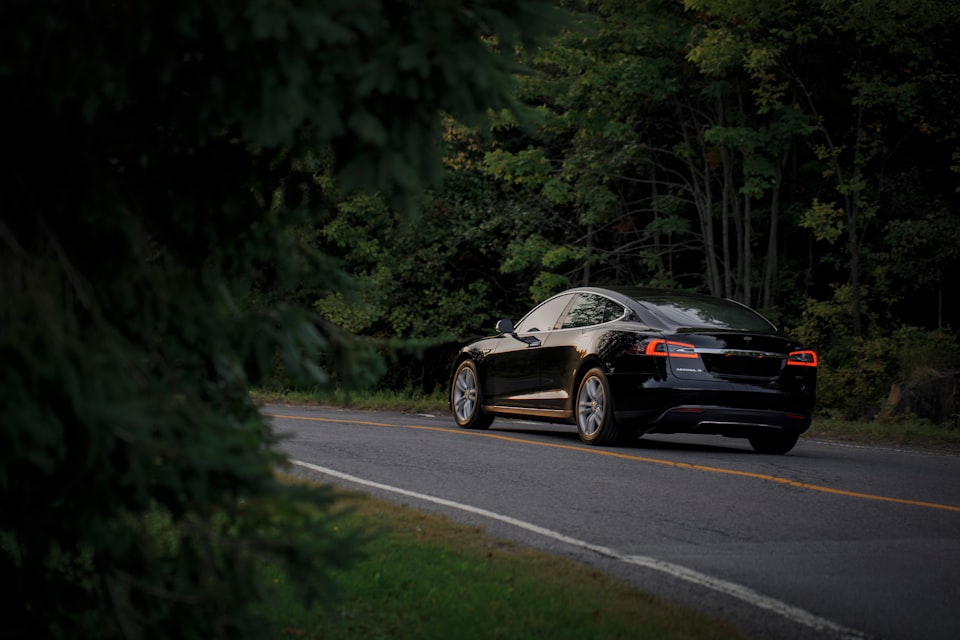Paradigm Shift

With the advent of electrical vehicles the question "how many miles can you drive your car per gallon of gas" is changing to "how many watt-hours do you need to drive a mile?" Out with MPG, in with Wh/mi. It's weird. Not just the flipped calculation of resources-per-mile vs miles-per resource, but the perspective. Hear me out...
My electric car is rated for 250 miles of range. Not the fuel I need to go a distance, but the distance I can go assuming a full load of "fuel". The range I'm quoted has some assumptions, of course. That assumption is my watt-hours consumed per mile, and for my car that number is 300. So if we do the math... my battery can store 75 kWh of electricity (75,000 Wh), so assuming 300 Wh /mi that's 250 miles.
My truck is rated for "up to 15 city and 21 highway". Over the course of ownership I typically see about 12 or 13. I drive mostly short hops in the truck, so that's understandable; lots of stop and go. 20 gallons at, let's say 12.5 MPG works out to 250 miles of range.
How convenient, both vehicles start at the same point, but there is a key difference: my truck can do far better and my car usually does significantly worse.
I think of the range of my truck in terms of average MPG times fuel capacity, and so 250. I can get way better mileage on a long haul, topping 20 MPG, so my range is more like 400. And if I need to go further it takes about 5 minutes to fill up again and I can make it 800. Ish.
When I turn the key in my truck I think to myself "I can easily make it to LA" or "I can make Sac and back". Not so much in the car; where I should be able to make Sac and back, the reality is that if I drive too slowly (traffic) or too fast (pushing too much air out of the way) I won't make 250. The rated range is a best-case scenario that often doesn't play out, and charging a car takes a LOT longer than filling up a gas tank. Specifically, it takes an hour on a Supercharger, 12 hours on 220 volts at high amperage, and 2 days on 110 volts at low amperage.
So what you get is something often referred to as 'range anxiety'. Before I owned an electric car I thought range anxiety was more about watching that trip meter... but it's not, it's watching your driving efficiency and constantly recalculating based on a moving number. Lead foot on the freeway? You're going fewer miles. Stop-and-go in the city? Fewer miles. Optimal efficiency is a steady 45 MPH... good luck pulling that off anywhere. Drive faster. Fewer miles.
So range anxiety, to me, isn't about how far you can go, it's about how you're driving and whether or not you need to be concerned about (A) reaching your destination or the next charger, and (B) when you'll need to drive your car next, how far, and whether or not you have enough time to charge it up.
In the end, I have two vehicles (three if you count the bike), so when I drive the Tesla I only really need to concern myself with whether or not I can make it home at my current rate of consumption versus the amount of juice remaining. When I hand over the keys to my truck to my little guy in 5 years I'll probably care more, but likely I'll have a faster electric with bigger batteries (don't tell my wife I said that).
Still, despite a reckless lack of concern for efficiency in the electric that regularly cuts the range in half (and it's still way cheaper per mile than gasoline, and good grief it's fun to drive), the change in how to think about resources is taking hold. I didn't expect that when I signed up for this new mode of propulsion, and I get why some people freak out about not being able to charge at work, or the supermarket, or wherever (and seriously, some people get quite bent out of shape on the topic). Perhaps as more and more electrics hit the road there will arise a common courtesy around access to those precious chargers. Or not.
So here, in the final paragraph, it may come as a surprise that the paradigm shift I'm writing about is actually that - social sympathy and better behavior from both within and without the EV community. I've been witness to some heated exchanges and have read stories of utterly atrocious acts when it comes to EVs. As an electric owner I'm ashamed of the former and as a member of society I'm appalled at the latter. Both sides are guilty, and I hope it's something that changes sooner than later.

